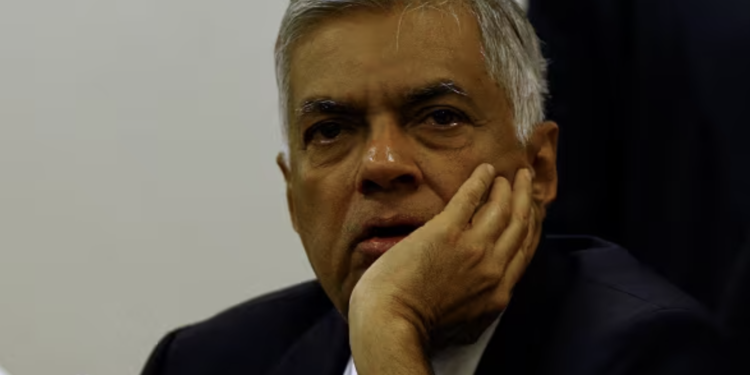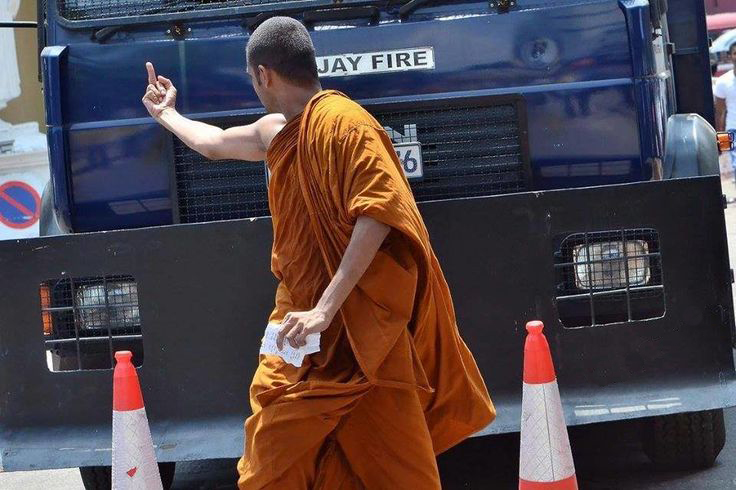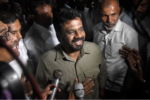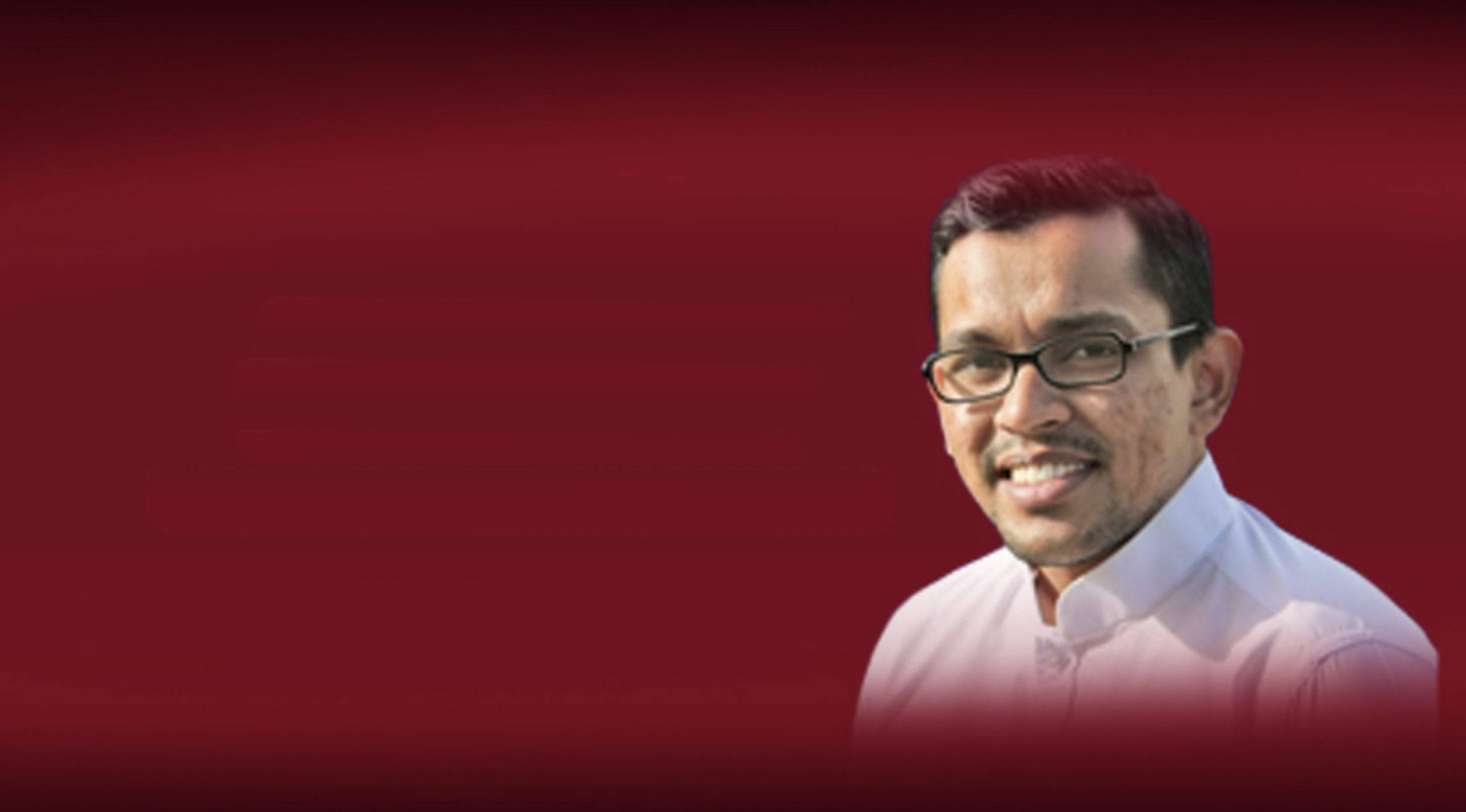Ranil’s Approval Rating Lowest As Popularity With Sri Lankans Plunges, Poll Finds

The Sri Lankan government almost forced a 66 % electricity tariff hike on people recently. This is one of the conditions set forth by the IMF to release its pledged bail-out loan of US$ 2.9 Billion. Therefore, the prices of essential goods are prone to rise drastically. In the year 2022, the prices of consumer goods almost tripled. Now, on top of it, there will be an additional cost that people will be compelled to bear for sure. Now, the government is mulling opening a tax file for each and every person who has reached 18 years. Meanwhile, the government is playing delaying tactics on the mini-election which is constitutionally required to be held. The government’s popularity is seemingly dwindling fast. From the government’s point of view, it is still saddled with the forex issue. IMF facility is yet to come. The president sounded alarm bells on many occasions that the belt has to be tightened further meaning further burden on people. Peaceful protests are dispersed by force, in fact by maximum force. People are rather confused as to what fate will befall them next. Nobody seems to know what is in store for them in the future.
Against this backdrop, Lasitha Mendis, our staff correspondent teamed up with Gayani Samaranayake, an independent researcher to conduct an island-wide opinion poll to enquire about people’s standing on common issues faced by the country at present. A sample of 900 people 100 from each province was encompassed in this opinion poll. Furthermore, an attempt was made to ascertain the trends in the country’s political climate as well thereby checking on the popularity of some leading political figures. This is in view of the fact that the JVP faction is gaining ground as widely reported in social media. The results of the opinion poll are revealing another perspective on the country’s political landscape. If a reader carefully looks at the results, one could comprehend in what direction the country is moving now. And also what people think about the government, the status quo as concerns the economy, and people’s changing mindset. In fact, this will showcase people’s cross-section opinions on common issues faced by them. However, many analysts point out that these indicators may change once the IMF bail-out facility is secured by the government soon.
Gayani Samaranayake is a BSc Business Management (Special) from the University of Sabaragamuwa and an MBA holder as well from the same academia. She is an independent researcher who has a keen interest in sociology and social psychology.
|
| 2. Do you think that the government work according to the IMF’s dictates in order to obtain the extended fund facility of US$ 2.9 Billion? |
| 3. Do you think that the government should find other alternatives or explore other options to salvage the ailing economy? |
| 4. Do you believe that other political parties have better economic policies on their manifestos than the government’s approach to IMF? |
| 5. Do you think that the government is drained of alternatives in this regard so it unscrupulously burdens people to achieve its ends? |
| 6. Do you believe that the confidence the people have in the government is eroding with the government fast becoming unpopular day by day? |
| 7 Do you think that a 66 % electricity tariff hike severely impacts industries especially small and medium enterprises as predicted by economists? |
| 8. Do you believe that Sri Lanka’s economic climate will be worse and folk life will be in jeopardy in time. to come? |
| 9. Do you see that the government is applying delay tactics to postpone the local elections in fear of a humiliating defeat? |
| 10. Do you think that the present government has no clear mandate to implement harsh burdens on people with no relief in sight? |
| 11. Do you believe that the government is continually suppressing peaceful protests and arresting innocent people displaying a degree of dictatorship? |
| 12. Do you think that the government will survive the full term or be overthrown by the people in protest as happened last year? |
| Question No | Strongly Disagree | Disagree | Neither Agree nor Disagree | Agree | Strongly Agree |
| 1 | 81 % | 10% | 9% | – | – |
| 2 | 79 % | 10% | 11% | – | – |
| 3 | 18% | 24 % | 5% | 39 % | 14% |
| 4 | 10% | 21% | 28% | 15% | 26 % |
| 5 | – | – | 3% | 87 % | 10% |
| 6 | – | 3% | 2% | 18% | 77 % |
| 7 | – | – | 1% | 8% | 91 % |
| 8 | – | 3% | 8% | 56 % | 33% |
| 9 | 3% | 8% | 12% | 20% | 57 % |
| 10 | 3% | 23 % | 15% | 39 % | 20% |
| 11 | 1% | 14% | 13% | 61 % | 11% |
| 12 | – | 8% | 11% | 65 % | 16% |
- Popularity
| Ranil Wickramasinghe | 18 % |
| Gotabhaya Rajapakse | 05 % |
| Mahinda Rajapakse | 11 % |
| Basil Rajapakse | 04 % |
| Namal Rajapakse | 06 % |
| Sajith Premadasa | 20 % |
| Anura Kumara Dissanayake | 31 % |
| Kumar Gunaratnam | 05 % |







